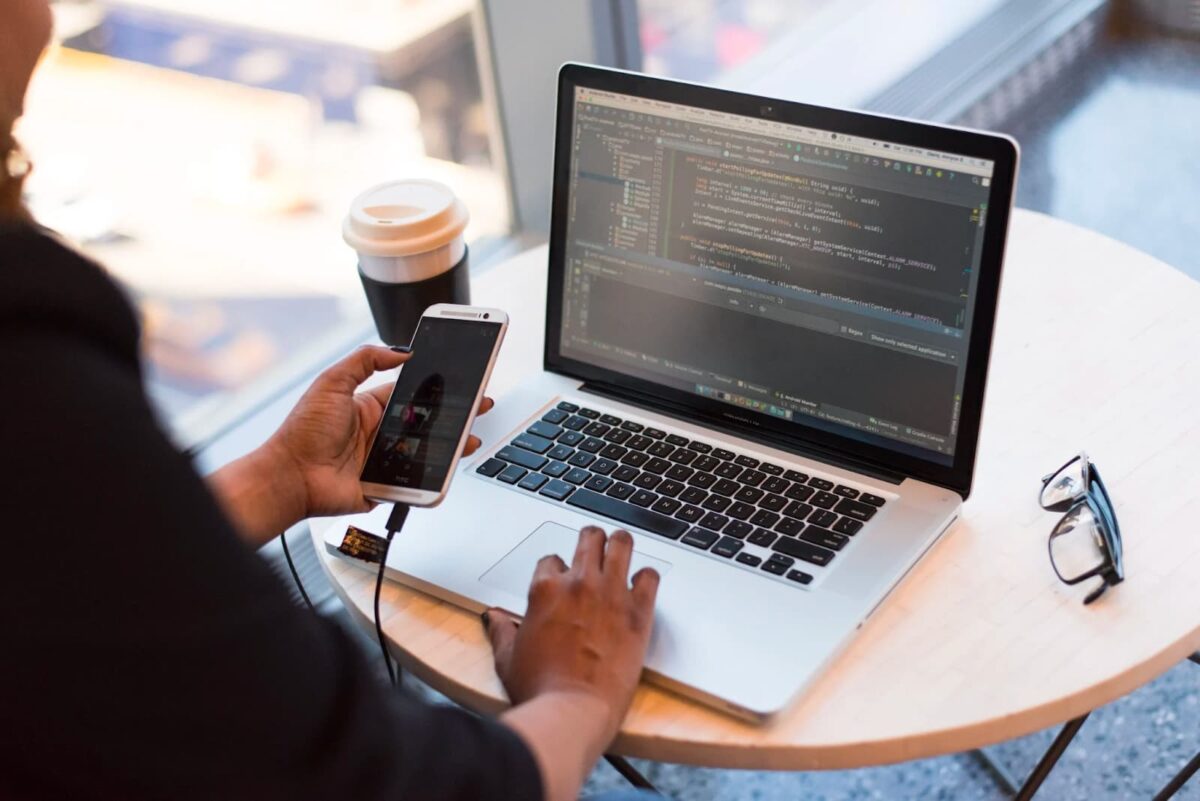Mobile app development is a process that can be broken down into distinct phases, from initial ideation to post-launch maintenance. In this blog post, we’ll outline the typical mobile app development life cycle so you can get a sense of what’s involved in bringing a new app to market.
There are several stages of mobile app development;
- conceptualization and planning,
- designing a mobile app,
- development process,
- testing and QA,
- deployment / launch,
- maintenance and updates.
Let’s dive into the details!
Ideation and Planning
The first phase of the mobile app development process is all about generating ideas and fleshing out a vision for the app. This can be a result of identifying a problem that needs to be solved or a potential opportunity in the market. Once you have an idea for your app, it’s time to start planning and wireframing out the key features and user flows.
This is where you’ll define the purpose and scope of the project, determine which platform or platforms you’ll build for, and assemble a team of developers, designers, and other professionals who will help bring your vision to life.
Design a User Experience/User Interface (UI)
User experience design is all about creating an app that is not only functional but also enjoyable and easy to use. In this phase, you’ll work with your team to create wireframes and prototypes of your app so you can get a sense of how it will look and feel.
You’ll also start to think about the user flow, or the sequence of steps users will take as they interact with your app.
After the user experience has been mapped out, it’s time to start designing the user interface. This is where you’ll decide on the look and feel of your app and start putting together visual elements like colors, fonts, and icons.
Development Process
This is where the rubber meets the road: it’s time to start coding! The development phase will involve;
- writing code,
- testing prototypes,
- iterating on the design based on feedback.
This is typically done in two phases: front-end development, which focuses on the client site side of things, and back-end development, which deals with the server-side components.
This is the longest and most complex phase of the mobile app development process, so it’s important to have a clear plan in place before diving in. Depending on the complexity of the project, this phase can take anywhere from several weeks to several months to complete.

Testing your App
Before you can launch your app, it’s crucial to put it through rigorous testing to ensure it functions properly on all devices and meets all the necessary quality standards. This process can be divided into two parts:
- beta testing, which is conducted with a small group of users before launch;
- quality assurance (QA) testing, which is carried out by professional testers during and after development.
Launch process
After your app has been thoroughly tested and is ready for prime time, it’s time to launch it! This process involves;
- submitting your app to the App Store or Google Play,
- once it’s been approved by Apple or Google, your app will be made available for download,
- promoting your app through marketing and PR,
- and providing customer support and updates after launch.
Maintenance and Updates
Even after your app has been launched, your work is not done. You’ll need to continue to monitor usage data and user feedback so you can identify areas for improvement.
You should also plan on releasing regular updates that add new features or fix any bugs that may have surfaced since the last release. This phase of the mobile app development process is ongoing and will continue as long as your app remains in active use.
Conclusion
As you can see, there’s a lot that goes into developing a successful mobile app. If you’re thinking about creating an app of your own, be sure to give yourself plenty of time to complete all phases of the development process—rushing through any part of it could jeopardize the quality of your final product. And if you need help bringing your vision to life, don’t hesitate to reach out to an experienced mobile app development agency for help.
